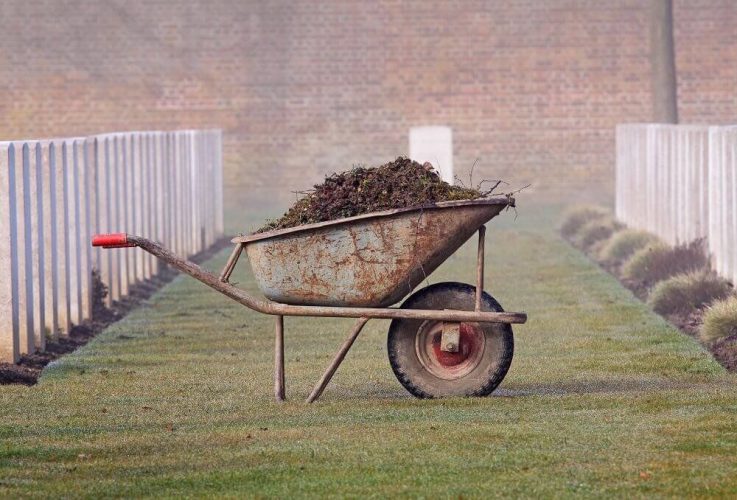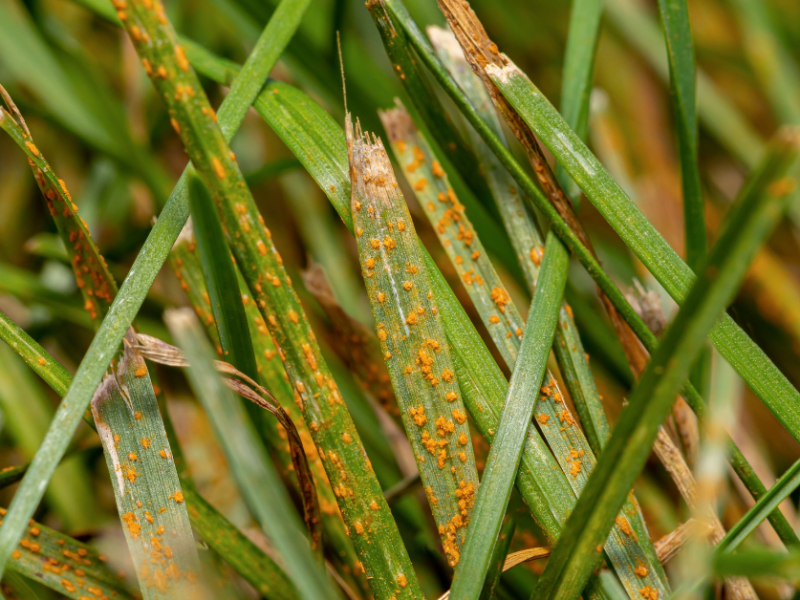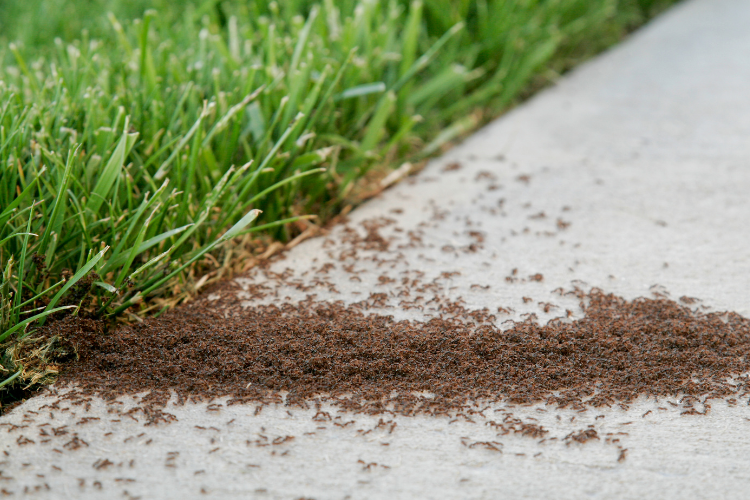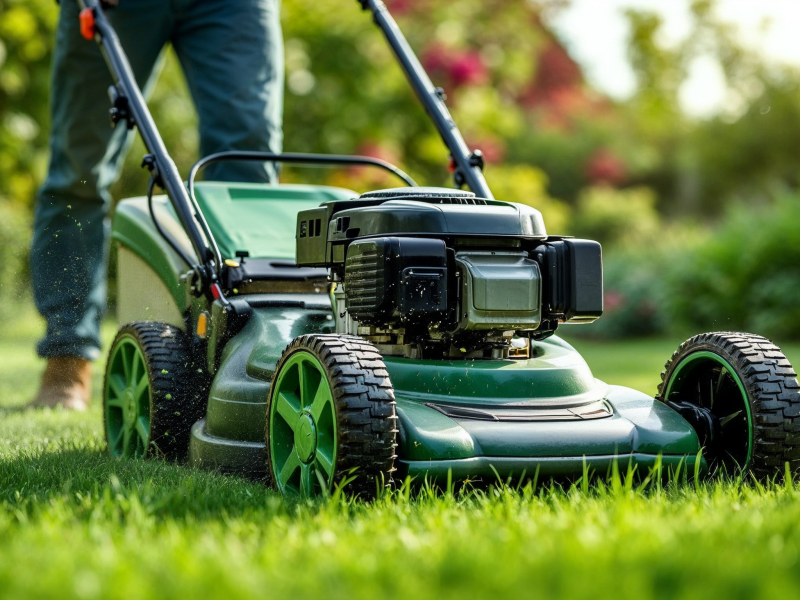There’s a lot to be thinking about in December with all the preparations for Christmas, the extra guests and parties, but you don’t want to forget about your garden! Despite the cold, December is a great month for a lot of gardening jobs and you can even still plant certain vegetables and flowers.
Why not also check out our blog on garden herbs to help your cold? It’s the perfect way to make the most of your garden in the winter months!
Flowers & Plants
Just because it’s December doesn’t mean you can’t have colour in your garden! There are lots of jobs still to do with your flowers and plants.
Prune: Prune wisteria plants, cutting back summer side shoots and climbing roses, to remove disease or damage.
Hydrangeas: It’s tempting to remove the wilted flowers from hydrangea plants, but leave them be. They help to protect the new buds underneath from winter weather.
Holly: Harvest holly that has berries to make Christmas wreaths or table decorations. Standing them in buckets of water will help keep them looking great until you use them.

Winter Pots: You can plant winter flowers and plants in pots to bring some colour to your garden and home over the coming cold months. Try cyclamen, ivy, skimmia and evergreen grasses.
Tulips: As long as the ground isn’t frozen, it’s not too late to plant tulip bulbs ready for next season.
Shrubs: Planting shrubs is also a great way to ensure your garden still looks green and interesting in the winter months. Lots of shrubs are also really fragrant which will make walking through your garden in December a pleasure! Try Sarcococca confusa for example which also has white flowers to add a bit of colour!
Lawn
The grass on your lawn will have become dormant now, which means growth is so slow it’s no longer even noticeable! However, it’s still important to look after your grass in December so it looks good throughout the winter and is healthy ready for spring.
Winter Treatment: A specialist winter treatment will help support your lawn through the cold and wet months. Treatment from Greensleeves Lawn Care, for example, includes a specialist fertiliser to provide your grass with the nutrients it needs to stay healthy through December, January and February.
Walking: If possible, avoid walking on your lawn when it’s covered with heavy frost or snow as this can damage the grass underneath.
Clear Leaves and Debris: Continue to clear any leaves and other material off your grass to prevent snow mould forming.
Aeration: If you haven’t already had an aeration treatment, it’s a great way to improve the drainage of your lawn, helping your grass to stay healthy and to minimise problems when the snow comes!
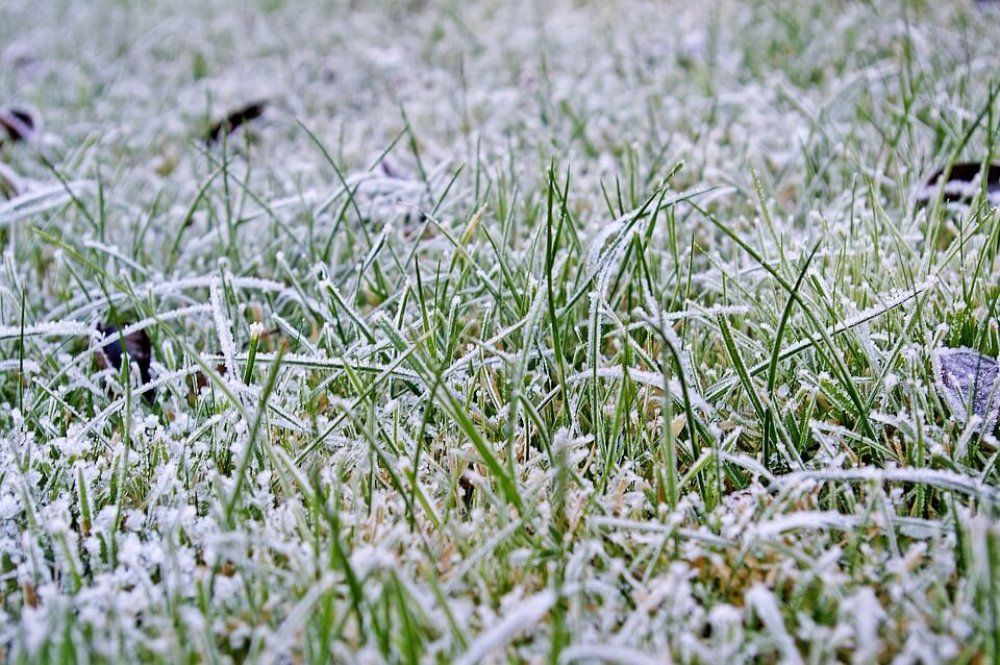
Fruit and Vegetables
Leeks and Parsnips: If you still have leeks and parsnips in the garden, lift the last of them before the ground freezes. You can heel them into a trench in the garden which will help them to keep for several months! To do this, dig a shallow trench somewhere out of the way where it’s protected from the worst weather. Pack your veg into it and cover with layer of loose soil, followed by a layer of straw held down with netting. You can then dig them up whenever you want them without worrying about frost.
Empty Borders: Dig over empty borders in the garden and spread manure on top. Let the worms break up clumps of soil and the ground will be rich and ready for spring planting.
Prune Fruit Trees: It’s a great time of year to prune fruit trees while they’re dormant — but leave stone-fruit trees (like cherries and plums) as pruning these can make them vulnerable to silver leaf fungus.
Mushrooms: Mushrooms can be planted at this time of year. Invest in a mushroom planting kit to make it super easy!
Preparation: You can also prepare soil for growing beans next year by digging a trench and emptying your compost bin into it. The compost will break down and fill the soil with nutrients ready for the beans to be planted in spring.
Fleece and Bubble Wrap: Use fleece or bubble wrap to protect vulnerable plants from the cold and frost such as hardy salad crops that can still grow in winter. Make sure you cover the tips of fig trees to ensure they stay healthy and are ready to grow fruit.
Blueberries: Blueberries can be planted at this time of year. They look great all year around with white flowers, bright berries and beautiful coloured leaves in the Autumn, so they’re a great addition to a garden!
Other Jobs
Feed the Birds: Keeping bird feeders full will attract birds to your garden — a gardener’s best friend!
Repair Fences: Keeping your fences in good condition prevents them from rotting in the wet conditions.
Turn Compost: Turn your compost heaps to help them rot down more effectively.

